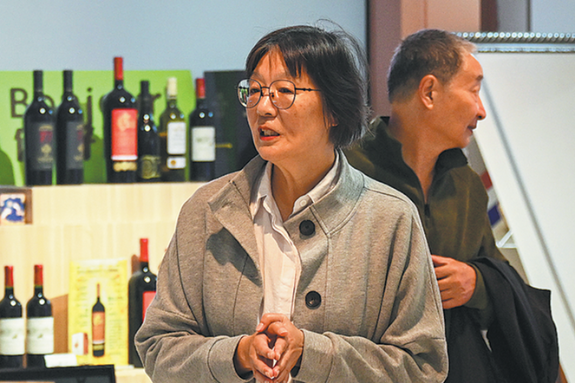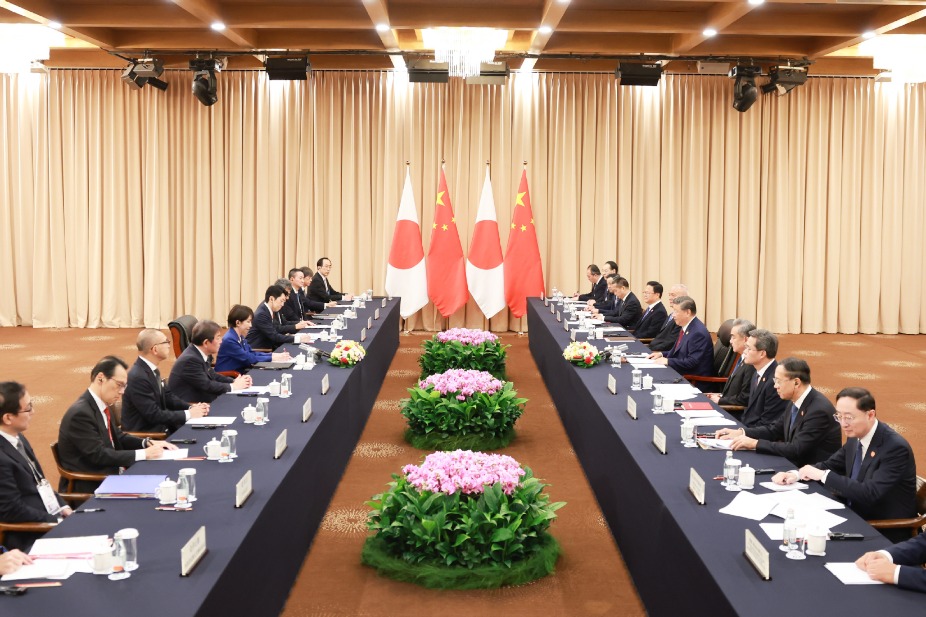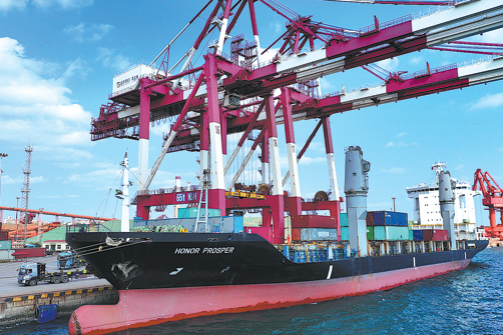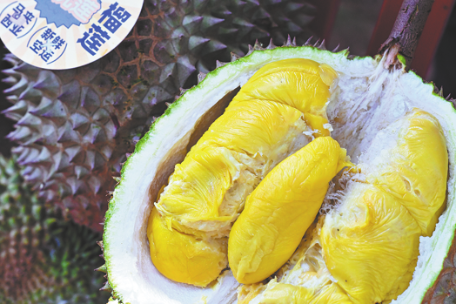Brazil eyes China and elsewhere to redress US tariffs


A 50 percent tariff on Brazilian coffee and meat is causing a rush among farmers, business people and Brazilian officials to find alternative markets for their products. China is among the most promising new destinations.
US President Donald Trump announced on July 9 that he would levy tariffs on Brazilian products. Though many sectors were initially exempted from the tariffs that went into effect on Wednesday, coffee and meat — two of the most important areas of the Brazilian economy — will be charged a 50 percent tariff to enter the American market.
The impact on Brazilian GDP is expected to be low — estimated by Goldman Sachs at a 0.5 percent decrease in Brazil's projected 2025 GDP — but it can devastate specific and strategic areas in agriculture and livestock.
According to the Ministry of Industry and Foreign Trade of Brazil, 35.9 percent of the exports to the US will be affected, which could amount to $12 billion to $17 billion per year.
Brazil exported $1.9 billion in coffee to the US last year, and the tariff could lead to a loss of $400 million to $800 million. Brazil also sold $1.35 billion worth of meat to the US and could lose $500 million to $700 million.
Marcio Candido Ferreira, president of Coffee Exporters Council of Brazil, said that while there can be immediate losses, he is confident that it will be surpassed by diversifying export destinations.
For several years, he has been seeing Asian countries as rich in new customers, making visits to Shanghai, and seeking partnerships in South Korea, Japan and Indonesia.
"We see a lot of young Chinese consume coffee daily to improve work performance or enjoy it socially. The dominant tradition in China is tea, of course, but in a country of such a large population, 10 percent means all the consumption of a European country. The East is also where the population grows the most, so it is an inevitable target for the coffee."
Talking about the competition with foreign producers, Ferreira highlights the versatility of Brazilian coffee.
"We produce any kind of coffee bean, especially arabica and conilon, the most consumed worldwide. I've met partners in big eastern countries, like Chinese Luckin Coffee and Indonesian Kapal Api, all of whom are users of our coffee, notably for the production of the popular canned iced coffees in China and South Korea."
The meat sector faces a tougher situation as the Asian market is meeting the demand, so the loss of competitiveness in the US won't be as easily offset by other regions.
In a news conference on Wednesday, Roberto Perosa, president of the Brazilian Association of Meat Export Industries, said: "The United States is our second-biggest market for beef, so it has a big impact. Brazil exports to many countries, but there is no alternative market yet for the products intended for the US. Many of those products were made to meet the demand of the American hamburger industry."
He concludes that "the industry will maintain production, rely on credit lines from the government to carry on, absorbing the impact on the production chain. And, of course, the negotiations are ongoing, looking forward to the end of the tariffs, as happened to other sectors."
Initially, many products were taxed by Trump, including oranges and heavy industry. Brazil is one of the country's biggest suppliers of orange juice, and sells Embraer airplanes in the US market.
On the night before the tariffs took effect, Brazilian President Luis Inacio Lula da Silva said, "Brazil remains willing to negotiate trade aspects of its relationship with the United States of America, but will not give up the tools needed to defend the country".
He also noted that the Brazilian economy is integrated into the main markets and international partners, and is evaluating the impact of American measures and taking steps to protect the workers, the companies and the families of Brazil.
The writer is a freelance journalist for China Daily.

































